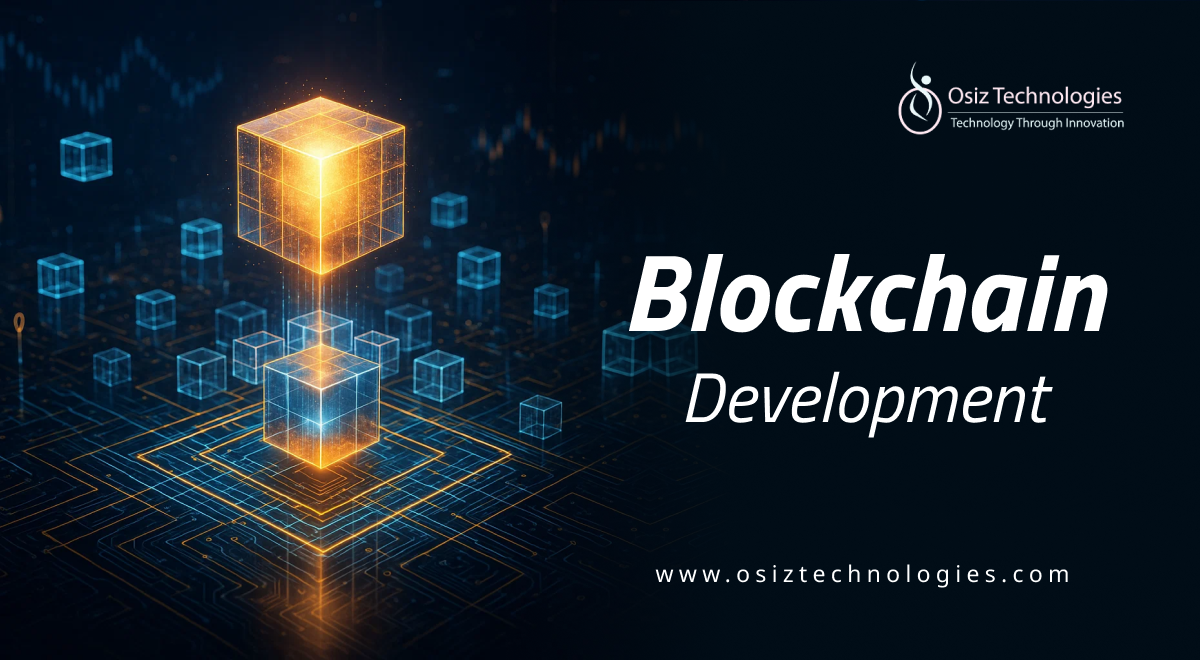In the rapidly evolving world of blockchain technology, the distinction between public and private blockchain is crucial for businesses and developers alike. Each type of blockchain has its unique features, advantages, and use cases. This article will delve deep into the key differences between public and private blockchain, helping you understand which one might be the best fit for your needs.
What is a Blockchain?
Before we dive into the specifics of public and private blockchains, it’s essential to understand what a blockchain is. At its core, a blockchain is a decentralized digital ledger that records transactions across multiple computers. This technology ensures that the recorded transactions cannot be altered retroactively, providing security and transparency.
Defining Public Blockchain
Public blockchain are open networks that allow anyone to participate in the transaction process. Examples include Bitcoin and Ethereum. These blockchains are characterized by their transparency, as all transactions are visible to anyone on the network. This openness fosters trust among users but can also lead to slower transaction speeds due to the need for consensus among many nodes.
Key Features of Public Blockchain
Decentralization: No single entity controls the network, which enhances security and reduces the risk of censorship.
Transparency: All transactions are publicly accessible, promoting accountability.
Security: The consensus mechanism, often Proof of Work or Proof of Stake, secures the network against fraud.
Understanding Private Blockchain
In contrast, private blockchains are restricted networks where only authorized participants can access the data. These blockchains are often used by businesses for internal processes. For example, a company might use a private blockchain to manage its supply chain, ensuring that sensitive information remains confidential.
Key Features of Private Blockchain
Access Control: Only pre-approved entities can participate, enhancing privacy.
Speed: Transactions are processed faster due to fewer nodes needing to reach consensus.
Scalability: Private blockchains can handle a higher volume of transactions more efficiently.
Comparing Accessibility and Permissioning
The primary difference between public and private blockchains lies in accessibility and permissioning. Public blockchains are open to anyone, while private blockchains restrict access to authorized entities. This fundamental difference influences how each type of blockchain is used in various industries.
Use Cases for Public Blockchains
Public blockchains are ideal for applications requiring transparency and decentralization. Here are a few notable use cases:
Cryptocurrencies: Bitcoin and Ethereum are the most famous examples, allowing peer-to-peer transactions without intermediaries.
Decentralized Finance (DeFi): Platforms built on public blockchains enable users to lend, borrow, and trade assets without traditional financial institutions.
Supply Chain Transparency: Companies can use public blockchains to track products from origin to consumer, enhancing accountability.
Use Cases for Private Blockchains
Private blockchains are better suited for businesses that prioritize privacy and control. Some common applications include:
Internal Record Keeping: Companies can use private blockchains to manage sensitive data securely.
Supply Chain Management: Organizations can track their products while keeping proprietary information confidential.
Healthcare Data Management: Private blockchains can securely store patient records, allowing only authorized personnel to access sensitive information.
Performance and Scalability Considerations
Performance and scalability are critical factors when choosing between public and private blockchains. Public blockchains often face challenges with transaction speed due to the need for consensus among many nodes. In contrast, private blockchains can process transactions more quickly, making them suitable for high-volume applications.
Security Aspects
Security is paramount in both types of blockchains, but they approach it differently. Public blockchains rely on a decentralized network to secure transactions, while private blockchains depend on access control measures. This means that while public blockchains are more resistant to censorship, private blockchains can offer enhanced privacy for sensitive data.
Cost Implications
The costs associated with public and private blockchains can vary significantly. Public blockchains often require substantial computational power, leading to higher operational costs. Conversely, private blockchains may have lower transaction costs due to their efficiency but could involve significant initial setup costs for infrastructure and governance.
Future Trends in Blockchain Technology
The future of blockchain technology is promising, with ongoing developments in both public and private sectors. Innovations such as hybrid blockchains, which combine elements of both types, are gaining traction. These solutions aim to offer the best of both worlds, providing security and privacy while maintaining transparency and decentralization.
Conclusion
Understanding the differences between public and private blockchains is crucial for businesses adopting this technology. Public blockchains offer transparency and decentralization, while private blockchains provide greater privacy, control, and scalability. The best choice depends on your organization’s goals and security requirements.As the ecosystem evolves, hybrid models are emerging to combine the strengths of both public and private networks, offering more flexible and efficient solutions. With this shift, partnering with a trusted expert becomes essential, and Osiz, a leading Blockchain Development Company, delivers secure, scalable, enterprise-ready blockchain solutions tailored to diverse industry needs—helping organizations drive innovation and digital transformation.
Listen To The Article












